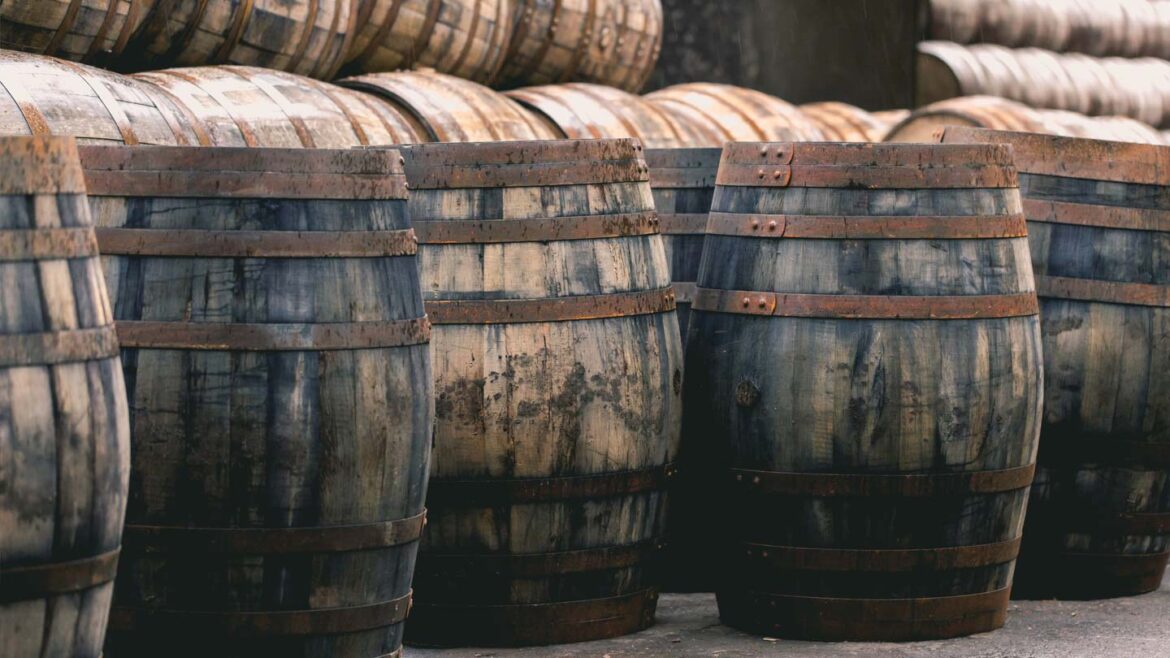
Investing has always been about finding assets that combine stability with growth potential. In recent years, an unexpected player has entered the world of alternative investments. Single malt Scotch, once valued mainly for its taste and tradition, has gained global recognition as a serious investment asset.
Today, more investors are turning to premium whisky as part of their portfolio strategies. The rise of single malt Scotch investment highlights a new trend. Tangible, collectible and highly desirable, it is attracting seasoned investors who want diversity as well as younger investors looking for unique opportunities.
The Evolution of Whisky as an Asset
Whisky has a long history. For centuries it was enjoyed for its craftsmanship and cultural importance. Over time, certain bottles began to stand out. Collectors started noticing that rare editions and aged bottles often increased in value.
By the early 2000s, whisky auctions revealed another truth. Some single malt Scotch bottles achieved higher bids than anyone predicted. Scotch Investors began to realize that whisky was more than just a drink. It was a new type of asset class with long-term promise.
Why Single Malt Scotch Attracts Investors
There are several reasons why single malt Scotch is now a prime focus for investors.
Unique production and limited availability: Each single malt Scotch comes from one distillery, often with production limited by tradition. This exclusivity makes it attractive as a collectible.
Strong brand value and heritage: Scotch whisky is rooted in Scottish culture and global prestige. Names like Macallan, Glenfiddich and Ardbeg are trusted worldwide. Their reputations strengthen investment appeal.
Premium whisky as a collector’s item: Bottles of rare and aged single malts are seen as treasures. Their scarcity drives desirability, making them valuable assets to hold and trade.
Market Demand and Global Growth
The demand for single malt Scotch has grown rapidly. Wealthy buyers in Asia, the Middle East and North America see it as a status symbol. Global auctions show consistent records, with certain bottles selling for hundreds of thousands of pounds.
Compared to traditional whisky investments such as gold or fine art, whisky shows competitive returns. Industry reports highlight annual growth in value, making it an attractive option during both stable and uncertain markets.
Emerging economies are fueling this expansion even further. As more investors gain access, the market for premium whisky continues to thrive.
The Investment Appeal of Single Malt Scotch
Investors are drawn to single malt Scotch for three main reasons.
Tangible asset with intrinsic value: Unlike stocks or bonds, a bottle of whisky is a physical item. It carries cultural weight and lasting appeal.
Hedge against inflation and uncertainty: Whisky has historically held or increased its value during times of economic instability. Investors see it as a way to protect wealth.
Long-term growth potential: Limited editions and aged casks become rarer as time passes. Holding these assets over several years can lead to significant appreciation.
Key Factors Driving Value
Not all whisky is equal. Investors must understand what makes some bottles or casks more valuable than others.
Distillery reputation and rarity: Top distilleries with long histories often lead the market. Limited runs from famous producers tend to rise fastest in value.
Age statement and cask strength: Older whiskies carry prestige. High alcohol content cask-strength editions are seen as purer and more collectible.
Packaging and limited editions: Presentation matters. Bottles in distinctive packaging or from commemorative releases often achieve higher prices.
Risks and Considerations
As with any investment, single malt Scotch comes with risks.
Market volatility: Prices can fluctuate with global demand. Trends shift and not every bottle will rise in value.
Liquidity issues: Unlike stocks, whisky cannot always be sold instantly. Auctions or private sales may take time.
Storage and authenticity: Proper storage is vital. Heat, light and poor conditions can damage a bottle. Authenticity checks are also essential to avoid counterfeits.
Expert guidance: Many investors choose to work with trusted brokers or firms specializing in whisky investment. This reduces risk and provides access to verified opportunities.
Building a Single Malt Scotch Portfolio
For those ready to invest, a balanced strategy is important.
Balancing rarity with accessibility: While rare bottles hold great value, more accessible premium editions offer steady growth and lower entry costs.
Entry-level vs. high-value acquisitions: Beginners may start with well-known distilleries. Experienced investors might target ultra-rare editions or casks.
Trusted whisky brokers: Working with professionals ensures authenticity, proper valuation and safe storage. Us at Vintage Acquisitions provide expertise that helps investors build strong portfolios.
Conclusion
The rise of single malt Scotch in investment portfolios shows how alternative assets are reshaping modern investing. With strong global demand, proven value growth and cultural prestige, whisky offers both stability and opportunity.
For investors seeking to diversify, single malt Scotch presents a compelling option. It is not only a drink to enjoy but also an asset that can build wealth over time. By balancing risks with smart choices, investors can benefit from the growing appeal of this unique market.
FAQs
- Is single malt Scotch a good investment?
Yes. Single malt Scotch has shown consistent value growth, especially rare and limited-edition bottles. It can be a strong addition to a diversified portfolio. - How do I start investing in whisky?
Begin with research, then work with a trusted whisky company. Start small with accessible bottles before moving into rarer acquisitions. - What factors make whisky valuable?
Distillery reputation, rarity, age, cask strength and packaging all contribute to value. Market demand also plays a big role. - What are the risks of whisky investment?
Risks include price fluctuations, storage issues, counterfeit bottles and low liquidity compared to stocks or bonds. - How long should I hold whisky for investment?
Whisky investment works best long term. Holding premium bottles or casks for several years often brings higher returns.

